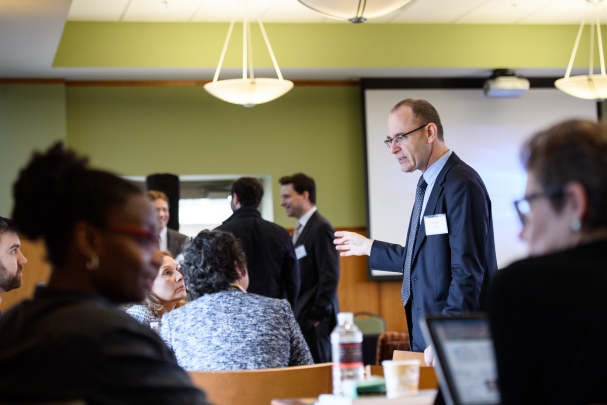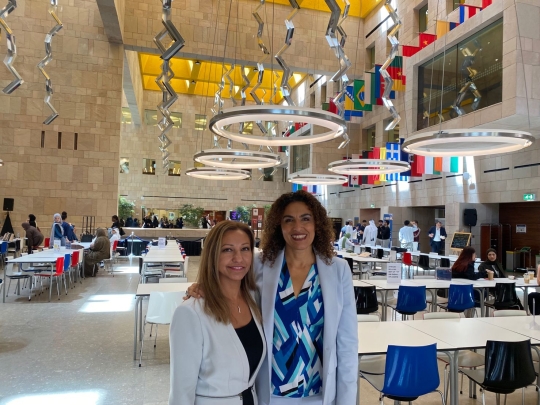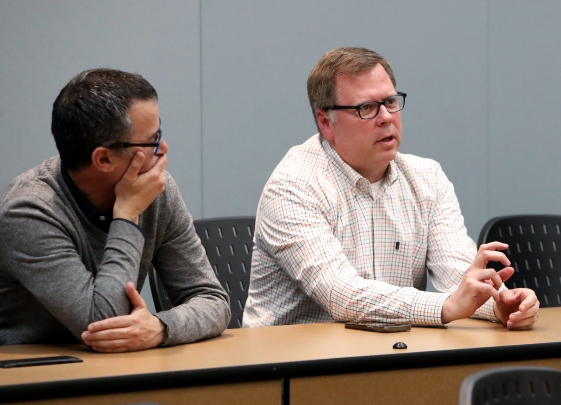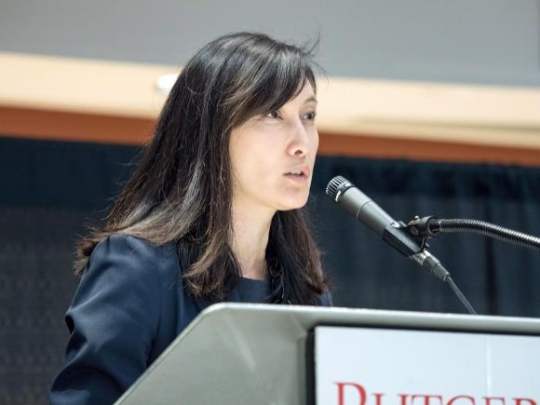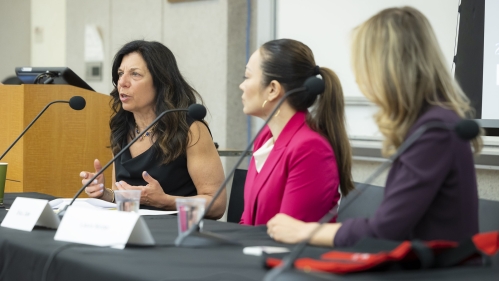
Academic Centers
Leading Research to Ignite Change
Rutgers Law School's faculty-led academic centers are at the forefront of innovative research. You have the option of working in one of 12 scholarly fields and getting hands-on experience in legal research and writing. Collaborate with peers and faculty to craft solutions on important policy and legal issues. Learn more about each center below, then join us in creating a meaningful impact where it truly matters.
